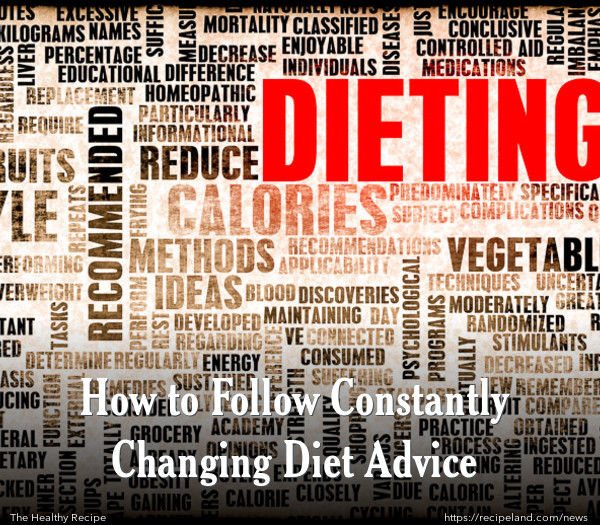Do you feel like you can’t keep up with the dieting rules and advice? One day eggs are bad, then they are suddenly good. Some tell you to avoid high-fat dairy products, then you hear that this is a great way to lose weight. It can certainly be confusing!
The field of nutrition is filled with mixed messages, constantly changing based on new research and new technology. Here are some of the reasons why there is so much confusion.
1. Nutrition is a growing field
Although people have paid attention to what they eat and what herbs and foods have medicinal properties for centuries, the idea of using science to back up these ideas is relatively new, having only been around since the 19th century or so. This is not a lot of time to really learn and understand the human body and all of its complexities. So, when new research contradicts previous thinking, or seems to introduce something new, it can become very popular very quickly, without really having been proven to be solid for generations. Seeing long term effects takes a long time.
2. Difficult research designs
In order to properly design a research study, there must be careful controls. When it comes to nutrition studies, human behaviour plays a huge role in the validity of the studies, especially when scientists are trying to track what people eat and how much. When you add in how different people have very different body systems, and other conditions, it can be extremely difficult to accurately distinguish the factors that contribute to results and determine specific correlations. There is a huge difference between correlation (or relationship) and causation (or cause).
3. Sensational news
It is pretty common for something new and different to hit the headlines in a sensational manner. This certainly rings true when it comes to new nutritional research regarding what you should (or should not) be eating. It is important to read carefully, and make sure that the information you are presented with is accurate and trustworthy. Remember, there are no magic pills, no secrets to success, and no “one size fits all” answer when it comes to good nutrition, as our bodies and issues are all slightly different.
4. Research is expensive
Because research is so expensive, it is often funded by companies that can profit from certain studies or certain results. This could lead to slanted research, or research that helps a company sell their product, rather than being solid nutritional research. This does not mean that all companies funding research lack credibility, but it does mean that you should be careful when you read the research, especially if the funding source has something to gain.
When you notice new nutritional information or guidelines about healthy eating being promoted, it’s important to remember to check out how the study was funded and who stands to gain from the information being disseminated, how controversial the findings are and how much they change about what you already know, and the source of the news you are reading and whether or not they are reputable.
If it seems too good to be true, then it probably is. Take the advice that makes sense, is well-explained, and fits with your lifestyle (assuming you have an active, healthy lifestyle!). There are no magic solutions when it comes to good health or weight loss, so consulting your doctor or nutritionist can help you determine what is best for you.









Comments